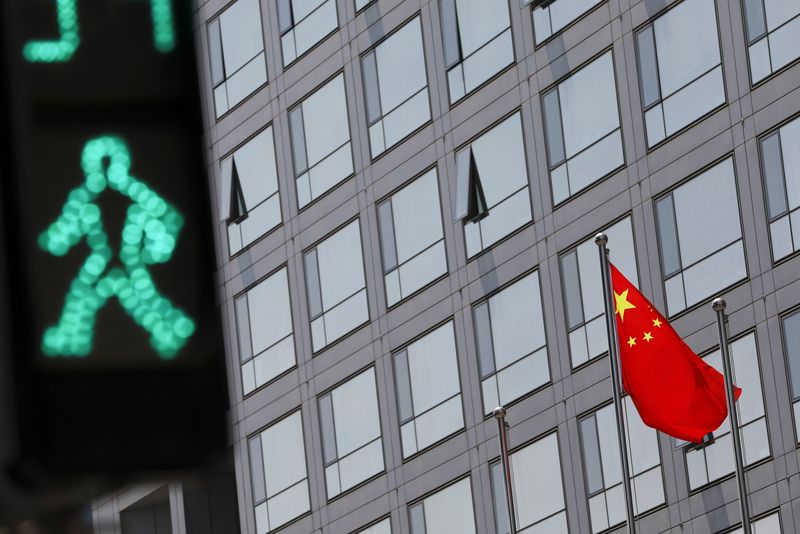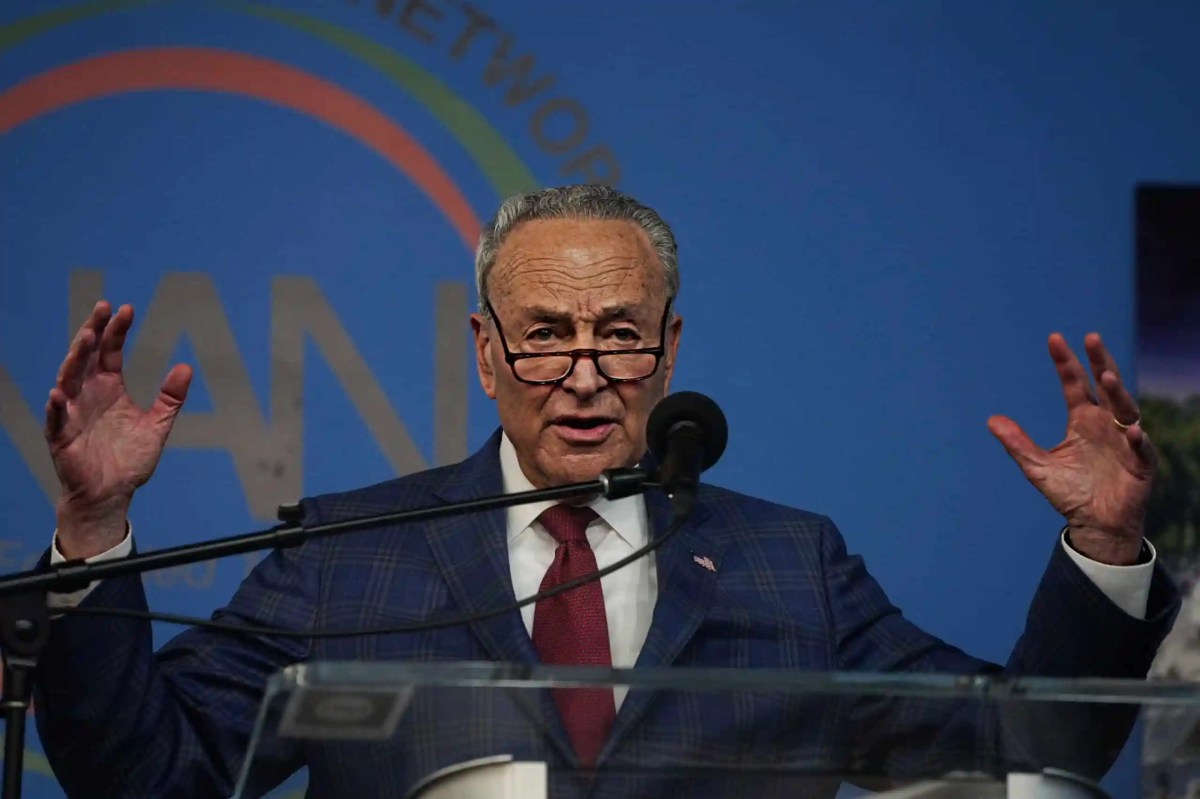SHANGHAI/HONG KONG (Reuters) – At least six Chinese companies have lodged documents for New York listings in recent weeks, filings showed, promising an end to a months-long freeze after an unprecedented clampdown last year by Chinese regulators.
However, the plans are for initial public offerings (IPOs) of small size, ranging from $1 million to $35 million, and are unlikely to trigger a slew of sizeable debuts soon, as companies await more clarity on new offshore listing rules, bankers said.
Chinese firms raised $12.8 billion in the United States in the first seven months of last year, but the deals halted after the New York debut of Didi Global in late June triggered a regulatory backlash by Beijing.
That brought tighter scrutiny for all offshore listings.
Some smaller Chinese companies are now reviving efforts to sell shares in the United States, confident they are not targeted by the new rules seeking to block offshore listings by firms handling large amounts of data or posing national security risks.
“I think both U.S. and Chinese regulators hope legitimate, law-abiding companies like us can grow bigger and stronger through listings,” Zhang Jiulin, chairman of insurance broker Hengguang Holding Co, told Reuters.
His company filed a draft IPO prospectus on Jan 18 with the Securities Exchange Commission (SEC), aiming to raise up to $19.6 million via its Nasdaq listing later this year.
Zhang brushed aside concerns that tighter Chinese control of cross-border data transfer will hamper the firm’s U.S. listing, saying Hengguang did not collect sensitive individual customer data.
New rules by the Cyberspace Administration of China (CAC) take effect on Tuesday, requiring a security review of all platform companies with data on more than 1 million users before they list overseas.
The China Securities Regulatory Commission (CSRC) has also proposed setting up a filing system to tighten scrutiny of offshore listings.
These new rules came against the backdrop of China’s regulatory crackdowns in major sectors such as e-commerce and tutoring which have bashed shares in offshore-listed Chinese companies.
“The filings are too small to be of relevance. I don’t see any real easing any time soon,” said one equity capital markets banker based in Hong Kong, citing uncertainty about the rules, including security review for firms with data on more than 1 million users.
REGULATORY GESTURE
Chinese applicants, among which are software maker U-BX Technology and electronic components maker Ostin Technology Group, were enthused by positive signals recently from Chinese and U.S. regulators about such deals, company executives said.
“We have seen some positive gestures from the CSRC,” Hengguang’s Zhang said.
China and the United States are making progress in coordinating regulations governing Chinese companies listed in New York, CSRC Vice Chairman Fang Xinghai told foreign financial institutions at a meeting last month.
Some others are sanguine too.
“For a small-cap like us, I don’t think China’s new rules will have a big impact,” said Ling Tao, chairman of Ostin, which hopes to raise up to $15 million via a Nasdaq listing in March.
Apart from the new IPO applications, more than a dozen Chinese companies have also amended IPO papers this year, SEC filings showed.
“Market participants are seeing the light at the end of the tunnel,” said Ming Liao, founding partner of private equity firm Prospect Avenue Capital.
However, China needs robust market-friendly policies to fully revive U.S. listings, he added.
(Reporting by Samuel Shen in Shanghai and Scott Murdoch in Hong Kong; Editing by Clarence Fernandez)























